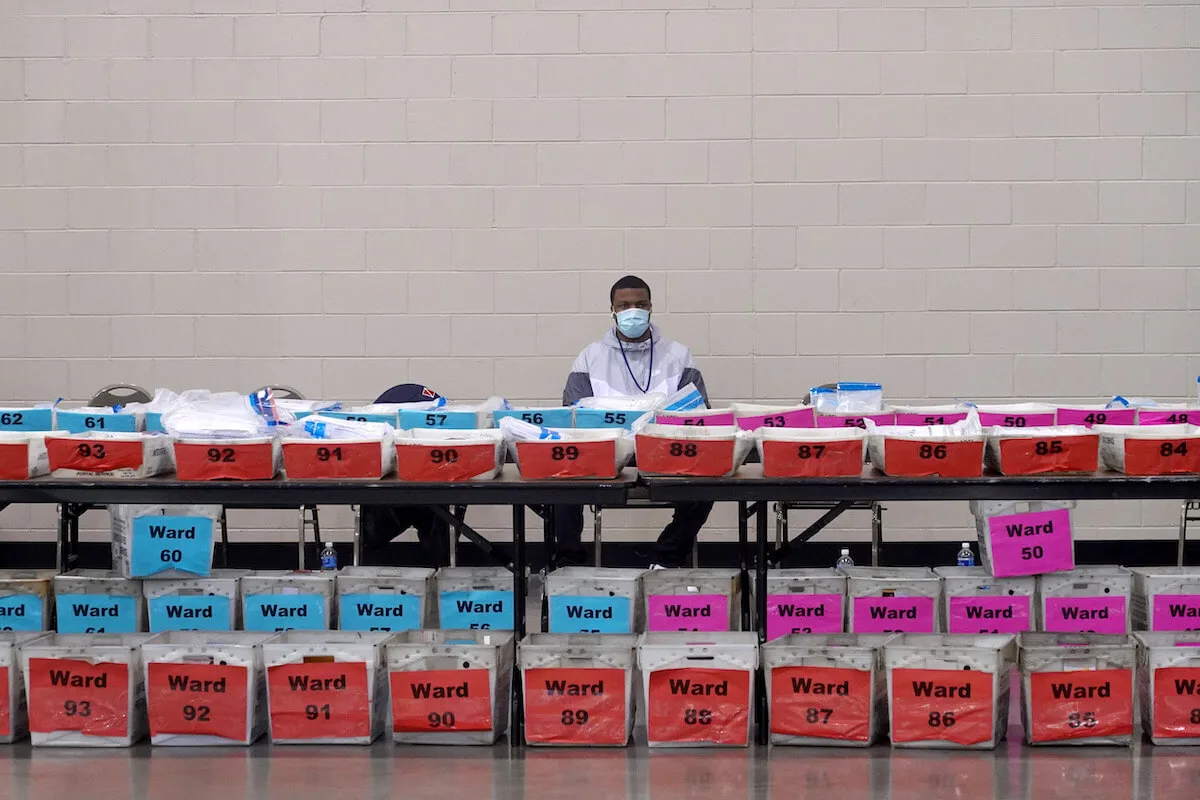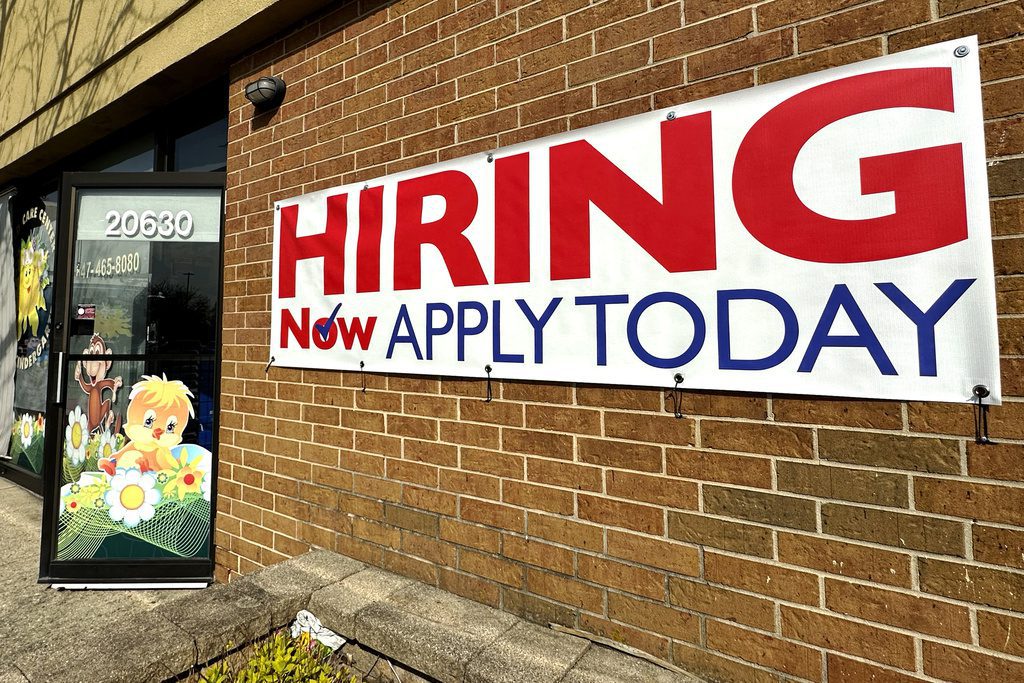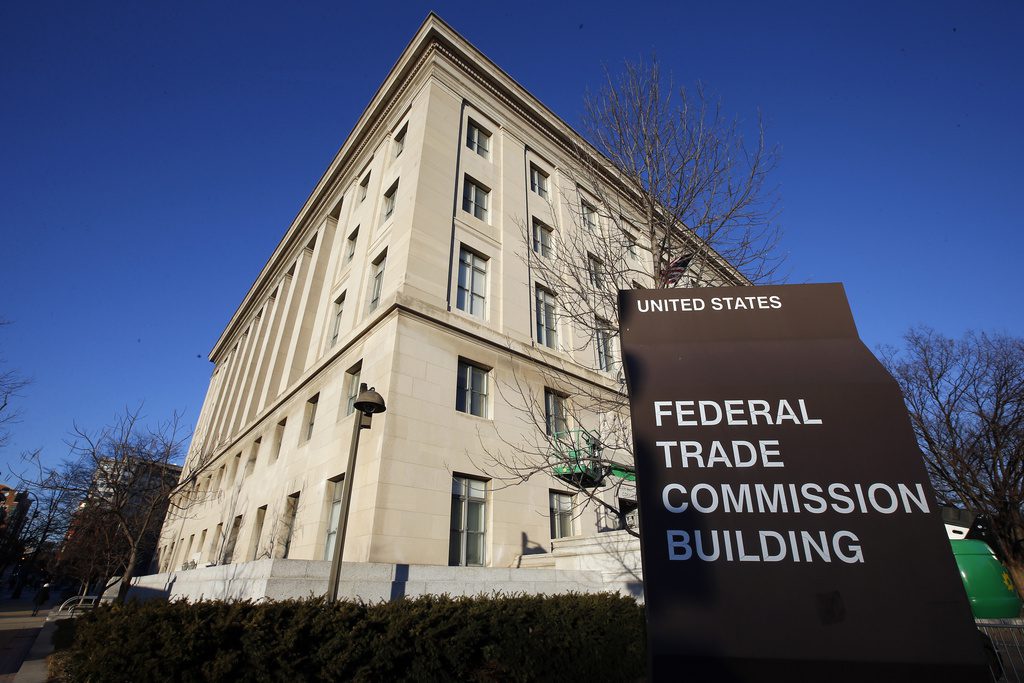
#image_title
#image_title
Dec. 4, 2020, headlines from around Wisconsin
The Assembly Committee on Campaigns and Elections and the Senate Committee on Ethics, Elections and Rural Issues has scheduled the first joint hearing to promote a baseless investigation into non-existent “irregularities” with the Nov. 3 election, but Republican leadership hasn’t yet announced any hearings on its 50-point COVID-19 relief plan stuffed with poison-pill provisions.
The hearing is scheduled for the morning of next Friday, Dec. 11, about five weeks after the presidential election. By the time the hearing begins, it will have been exactly 240 days since the Legislature last passed a bill to address the coronavirus pandemic and unemployment crisis; there are no hearings or meetings scheduled to deal with those crises.
“It’s completely frustrating for the general population,” Sen. Chris Larson (D-Milwaukee) said Friday. “My neighbors look at them rushing to try and do stuff around the election, to try to undermine people’s faith in our democracy, but I think we’re on 232 days now since the last time they’ve met to do anything, period.”
Assembly Speaker Robin Vos (R-Rochester), claiming “irregularities” in the presidential election for which he provided no evidence, on Nov. 6 ordered the Committee on Campaigns and Elections to investigate the election in an apparent effort to undermine public confidence in the election as Republicans throughout the country sought to do the same after President Donald Trump’s defeat.
In a Thursday press release, Vos, Assembly Majority Leader Jim Steineke (R-Kaukauna), and Committee Chairman Ron Tusler (R-Harrison) vouched for the validity of the investigation despite there being no evidence of any widespread fraud or irregularities in the election.
“We must ensure that every legal vote was counted and begin working to eliminate questionable practices that undermine the integrity of the vote,” Vos said in a statement, signaling the possibility of attempts to change Wisconsin election law to restrict voting access.
Hours before Vos announced the hearing, the state Supreme Court on Thursday declined to hear a case brought by Trump to toss over 220,000 votes in Milwaukee and Dane counties, and rejected another suit from a Chippewa Falls resident who wanted to throw the entire election out.
Since Vos ordered the investigation, 1,306 more Wisconsinites have died COVID-19 and nearly 150,000 more have become infected with the coronavirus, according to state health data. Apart from proposing a COVID relief bill that would almost certainly fail to find any Democratic support, Vos and fellow Republicans have done nothing to address the pandemic in that timeframe.
More Setbacks for Trump’s Wisconsin Election Lawsuits
One day after the Wisconsin Supreme Court refused to fast-track President Donald Trump’s state lawsuit seeking to throw out more than 200,000 legally cast ballots, the federal court version of his claim was also given a likely lethal pump of the brakes when US District Judge Brett Ludwig, a Trump appointee, labeled on Friday as “really bizarre” the president’s argument that a court could overthrow election results and have the Legislature decide how to cast Wisconsin’s 10 electoral votes.
“I have a very, very hard time seeing how this is justifiable in the federal court,” said Ludwig, who scheduled a hearing on the case for next Thursday morning, past the Safe Harbor deadline established in federal code that calls for all election results to be finalized six days before the Electoral College vote.
As for the state lawsuit, because the state Supreme Court refused to take the case directly, it received its first hearing Friday afternoon before a Racine County judge hearing Trump’s challenge to ballots cast in Milwaukee and Dane counties.
The judge in the state lawsuit also scheduled the next hearing for Thursday, shortly after the federal hearing.
Kenosha Shooter Kyle Rittenhouse Will Stand Trial; Attorney Withdraws
Kyle Rittenhouse, the 17-year-old from Illinois who fatally shot two protesters and wounded another in Kenosha in the wake of the Jacob Blake police shooting, will stand trial for homicide charges stemming from the shootings.
Kenosha County Judge Loren Keating on Thursday scheduled a pretrial arraignment for Rittenhouse for 1 p.m. Jan. 5.
Later on Thursday, Rittenhouse defense attorney John Pierce withdrew from the case, the Kenosha News reported Friday. Pierce claimed in an email to Kenosha News that “this was always the plan” and that he is “turning my attention to the massive tasks of preparing Kyle’s defamation and other civil claims as well as orchestrating our new fundraising efforts to ensure we have the resources to get through trial.”
Pierce gave frequent media interviews after he joined Rittenhouse’s defense team and painted the teen as an American hero for shooting three people after going to a city and state in which he did not live to protect businesses he did not work at. Many liberal activists view Rittenhouse as a white supremacist militia member who traveled to Kenosha looking to provoke protesters.
Pierce was instrumental in a conservative fundraising campaign that successfully raised $2 million to cover Rittenhouse’s bail.
Evers Pardons 33 More People, Bringing Total Past 100
Gov. Tony Evers Friday announced he was giving 33 more individuals formerly convicted of felonies a second chance.
Evers has now pardoned 107 people in his first two years in office.
“Here in Wisconsin, we believe in the power of second chances and the doors it can open not only for an individual but their family and their communities,” Evers said in a statement. “From pursuing their career goals, whether in nursing, divinity, or becoming a hunting and fishing guide, to simply finding peace of mind after making amends, a pardon opens those doors for folks to move forward.”
People formerly convicted of felonies are eligible to apply for a pardon if they have been off extended supervision for five years or more and have not committed any new crimes.
A pardon isn’t an expungement, but it restores some rights stripped from people convicted of felonies, such as the ability to serve on a jury, hold public office, and obtain some professional licenses.
DNR Establishes Wolf Season for 2021
Wisconsin hunters will be able to hunt gray wolves next November, the Department of Natural Resources announced Friday.
Wolf season will begin Nov. 6, 2021, about 11 months after the species will be officially delisted from the federal endangered species list.
In a press release, the DNR said it will “work collaboratively and transparently to create a new wolf management plan” and “ensure sustainable management of Wisconsin wolves for the future.”
Gray wolves will officially come off the federal Fish and Wildlife Service’s endangered list on Jan. 4, an act that will kick the species’ management back to the lower 48 states and tribes.
The Fish and Wildlife Service announced in late October the national gray wolf population now stands above 6,000 after the species spent 45 years on the endangered list.
Politics

Biden administration bans noncompete clauses for workers
The Federal Trade Commission (FTC) voted on Tuesday to ban noncompete agreements—those pesky clauses that employers often force their workers to...

Opinion: Trump, GOP fail January 6 truth test
In this op-ed, Milwaukee resident Terry Hansen reflects on the events that took place on January 6, the response from Trump and other GOP members,...
Local News

Readers Poll: Top Bowling Alleys in Wisconsin
Looking for the best bowling in Wisconsin? Look no further! Our readers have spoken in our recent poll, and we have the inside scoop on the top...

8 Wisconsin restaurants Top Chef judges are raving about
Top Chef’s 21st season is all about Wisconsin, and on-screen, it’s already apparent that the judges feel right at home here. But, while filming in...



